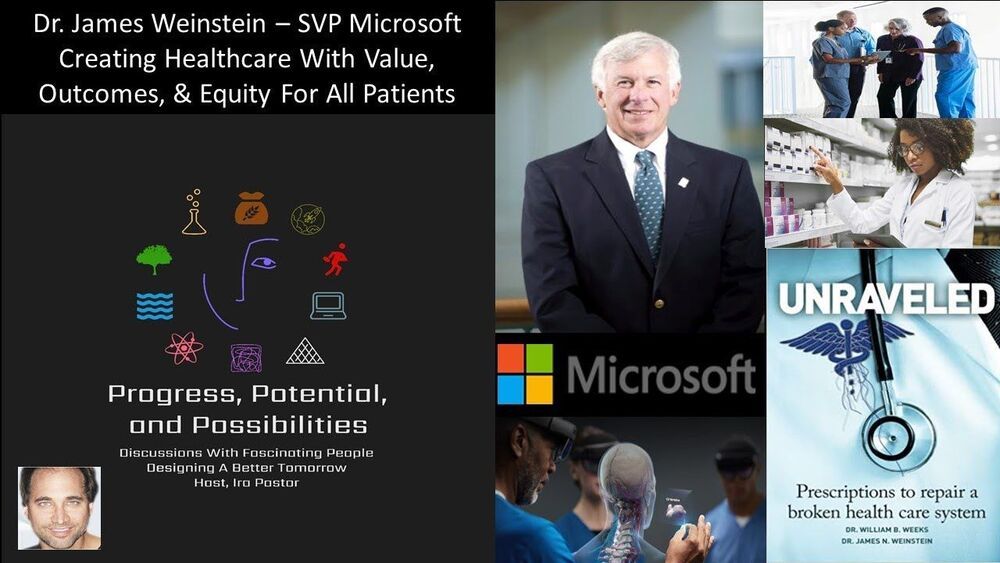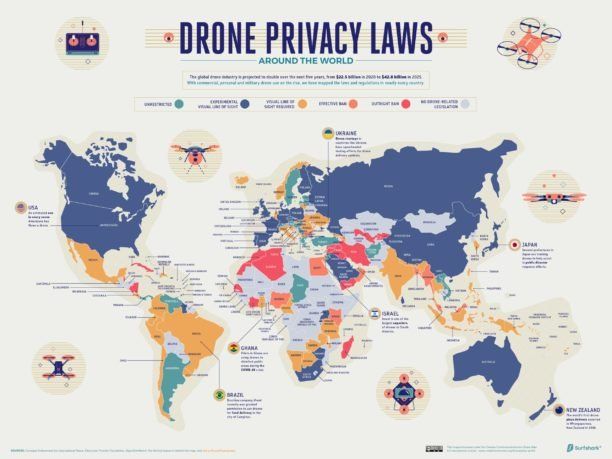Dec 16, 2020
To do in 2021: Get up to speed with quantum computing 101
Posted by Saúl Morales Rodriguéz in categories: business, computing, quantum physics
The first step is to understand qubits and superposition. The next one is to get a handle on the business advantage that this technology represents.
If “figure out quantum computing” is still in your future file, it’s time to update your timeline. The industry is nearing the end of the early adopter phase, according to one expert, and the time is now to get up to speed.
Denise Ruffner, the vice president of business development at IonQ, said that quantum computing is evolving much faster than many people realize.
















